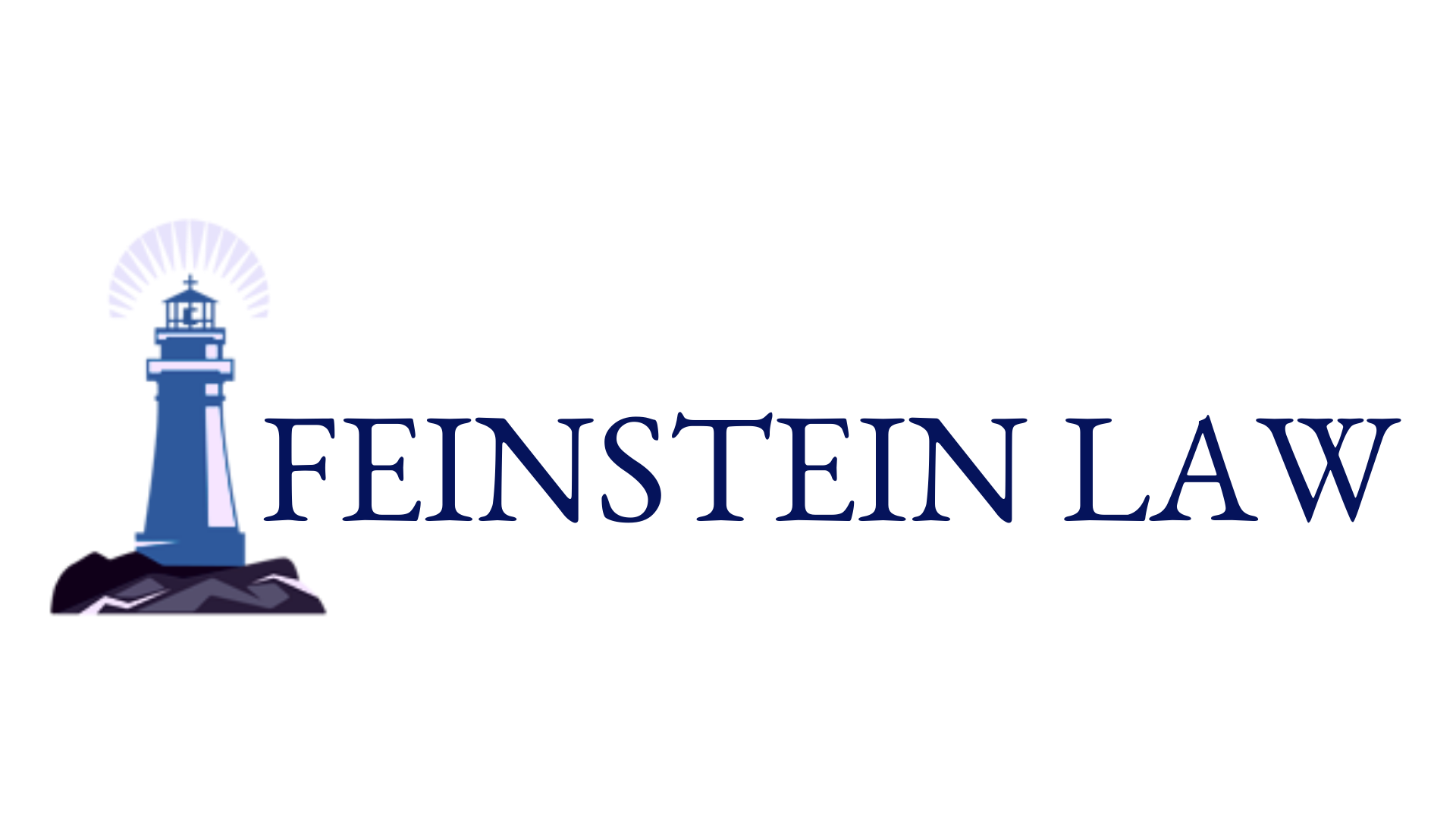On November 5, 2014, The U.S. Securities and Exchange Commission (“SEC”) sent a message to all companies that are not current on their disclosure requirements; disclose or pay the price. Ten companies were found recently to have failed to make required disclosures regarding their company’s financing deals and/or other unregistered stock dilutions and must pay penalties in the amount of $25,000 to $50,000 for a total of $350,000 to be collected from all offenders.
SEC reporting companies are required to file Form 8-K to inform shareholders when shares of common stock are sold in a transaction that are not registered with the SEC under federal securities law and constitute at least five (5) percent of the total stock held by their shareholders. Companies are also required to report when the company has entered into a financing agreement not made in the ordinary course of business. One of the purposes of these disclosures is to enable investors to be aware that stock dilution has occurred as the company has issued additional shares in a financing transaction or other unregistered sale that has reduced the amount of earnings per share for the investor and his or her percentage of ownership in the company in question.
The SEC’s recent investigation found that each of the ten companies named below failed to make the required 8-K disclosure for a stock dilution. Furthermore, three of the companies also failed to use accurate numbers when later reporting the dilution of their common stock in quarterly (10-Q) or annual (10-K) reports.
The lessons to be learned according to the SEC’s own orders in the settled administrative proceedings against the offending companies are the followings:
- Under Item 1.01 of Form 8-K, a registrant must disclose within four (4) business days its entry into a material definitive agreement.
- Under Item 3.02 of Form 8-K, a small reporting company must disclose within four (4) business days the unregistered sales of equity securities unless they contitue less than five (5) percent of the number of last reported shares outstanding of the class of equity securities sold.
- In Form 10-Q or 10-K (quarterly or annual reports, respectively), issuers must disclose the number of outstanding shares of their common stock as of the latest practicable date, and the information must be true, correct, and complete.
The following companies consented to the SEC’s orders without admitting or denying the findings listed below that they violated Section 13(a) of the Securities Exchange Act of 1934, as amended (“Securities Act”) and related rules.
- ERF Wireless Inc. – Failed to file Form 8-Ks disclosing three unregistered sales of equity securities, failed to file a Form 8-K disclosing a financing agreement, and incorrectly reported the number of shares outstanding in its Form 10-K for the 2013 fiscal year. The League City, Texas-based company agreed to pay a penalty of $50,000.
- Green Automotive Company – Failed to file Form 8-Ks disclosing three unregistered sales of equity securities, failed to file a Form 8-K disclosing a financing agreement, and incorrectly reported the number of shares outstanding in its Form 10-K for the 2013 fiscal year. The Riverside, Calif.-based company agreed to pay a penalty of $50,000.
- MineralRite Corporation – Failed to file Form 8-Ks disclosing two unregistered sales of equity securities, and failed to file a Form 8-K disclosing a financing agreement. The Lindon, Utah-based company agreed to pay a penalty of $25,000.
- Mondial Ventures Inc. – Failed to file Form 8-Ks disclosing four unregistered sales of equity securities, and incorrectly reported the number of shares outstanding in its Form 10-Q for the quarter ended Sept. 20, 2013. The Scottsdale, Ariz.-based company agreed to pay a penalty of $50,000.
- Monster Arts Inc. – Failed to file Form 8-Ks disclosing three unregistered sales of equity securities, and failed to file a Form 8-K disclosing a financing agreement. The San Clemente, Calif.-based company agreed to pay a penalty of $25,000.
- Red Giant Entertainment Inc. – Failed to file a Form 8-K disclosing an unregistered sale of equity securities, and failed to file a Form 8-K disclosing a financing agreement. The Clermont, Fla.-based company agreed to pay a penalty of $25,000.
- Seaniemac International Ltd. – Failed to file a Form 8-K disclosing an unregistered sale of equity securities, failed to file a Form 8-K disclosing financing agreements, and failed to make required annual and quarterly filings on Forms 10-K and 10-Q. The Huntington, N.Y.-based company agreed to pay a penalty of $50,000.
- Worthington Energy Inc. – Failed to file Form 8-Ks disclosing three unregistered sales of equity securities, and failed to file a Form 8-K disclosing a financing agreement. The Corte Madera, Calif.-based company agreed to pay a penalty of $25,000.
These are expensive lessons to learn, especially for a micro or small capitalization company. To help prevent your company from being a part of the next list of companies that have failed to make the required disclosures, contact qualified securities attorney that can help you make the proper disclosures necessary to keep your company in compliance.
This securities law blog post about the SEC is provided as a general informational service to clients and friends of Feinstein Law, PA and should not be construed as, and does not constitute, legal and compliance advice on any specific matter, nor does this message create an attorney-client relationship. © Feinstein Law, PA, 2014.
For more information concerning the rules and regulations affecting the going public direct transactions, direct public offerings, or dual listing, please contact Feinstein Law, PA at (619) 990-7491 or by email at Todd@Feinsteinlawfirm.com or JDunsmoor@Feinsteinlawfirm.com. Please note that the prior results discussed herein do not guarantee similar outcomes. Todd Feinstein is admitted in Florida and Jonathan Dunsmoor is admitted in New York.

